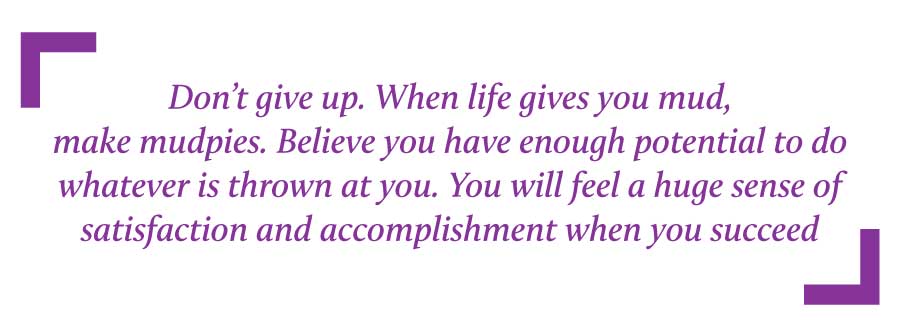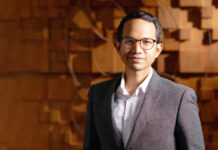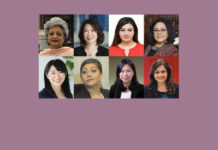How upbringing and environment can shift perceptions of gender norms
“I was recently invited at an Asia-Pacific lawyers’ network meeting to lead two sessions on diversity, inclusion and unconscious bias in our legal profession. The next day, I was asked to lead a discussion about equality for women in law firms.
It took me a few days to accept those offers because, I wondered, why are we talking about this? Don’t we naturally do this? I’m here and we have so many female legal professionals in Indonesia. Women have built some of the country’s biggest corporate law firms and they’re still very influential today. I was confused. What would I say at these sessions?

Founding partner
Akset Law, Jakarta
I grew up in West Sumatra, with a different background and upbringing to women from other parts of Indonesia. Somehow women there are more outspoken and expressive; we’re so different from Java, where women can be self-restrained, very quiet and submissive. Only three hours from our hometown in Jakarta, there are still places where girls are unable to study, and forced to get married at 13.
I come from a matriarchal family, where the women rock in our society. Since I was little, in April each year, we would celebrate Raden Adjeng Kartini, the emancipation figure in Indonesia for feminists from the 1900s. Again, I used to think, what’s the big deal? I was very lucky to have been raised in this way.
Most of my best friends are very strong, forthright women. Like them, I never felt disadvantaged in my career. I’ve always worked in traditionally male-dominated sectors, handling energy, resources, mining and infrastructure transactions. It was common for me to be the only female in the room, surrounded by men who were my father’s age.
At times I felt a lack of confidence, more because of my age, but never because of my gender. It doesn’t help to look young. Sometimes I felt the need to casually say, ‘In the last 23 years of my practice …’ just to remind them of my credibility and qualifications.
It’s not that there have never been any problems. When I was much younger, I did experience attempts of sexual harassment when a client, counterparty, or even a government officer would ask for my mobile number, inquire whether I was busy on Saturday night, invite me to have dinner alone, or to meet at their hotel.
When you’re in the first year of your practice and someone asks you such questions, you don’t immediately recognize what is happening. You wonder if this is part of client-building and maintenance. Of course, after talking to your seniors, you realize this is inappropriate and learn how to manage such situations.
I realized early on that the sense of empowerment I enjoyed was not necessarily the norm. During meetings, I wondered why women held back. If given an opportunity to speak, why weren’t the women speaking? I saw the same thing over and over again for years. My friends and I always seemed loud and opinionated in comparison.

Senior women lawyers across Asia share personal stories of successes, struggles and strategies for a more inclusive legal profession. The following mosaic of personal stories identifies some of the nuances that typify women’s experiences in particular Asian jurisdictions, while also drawing on the wealth of shared experiences that bind them.


























